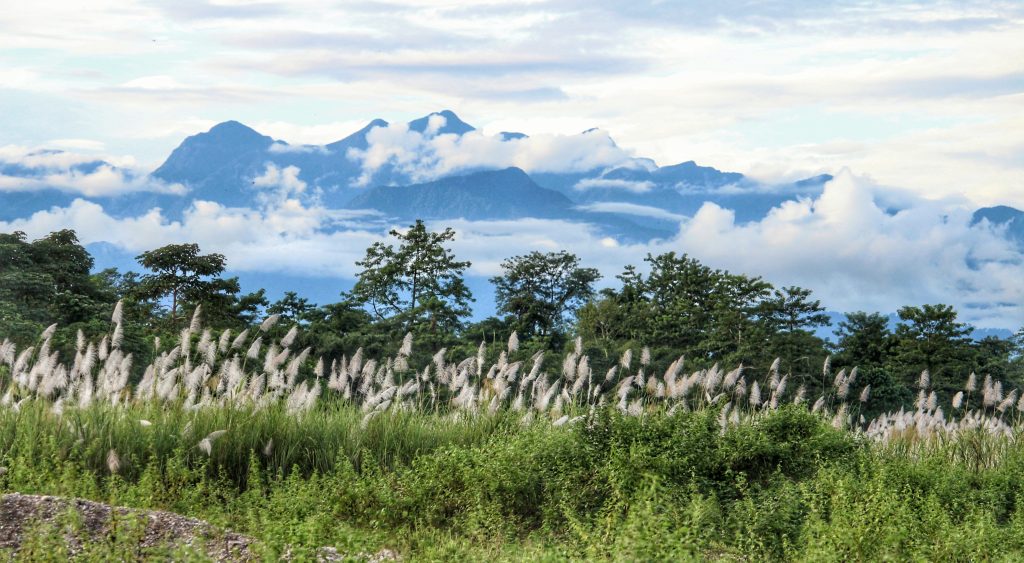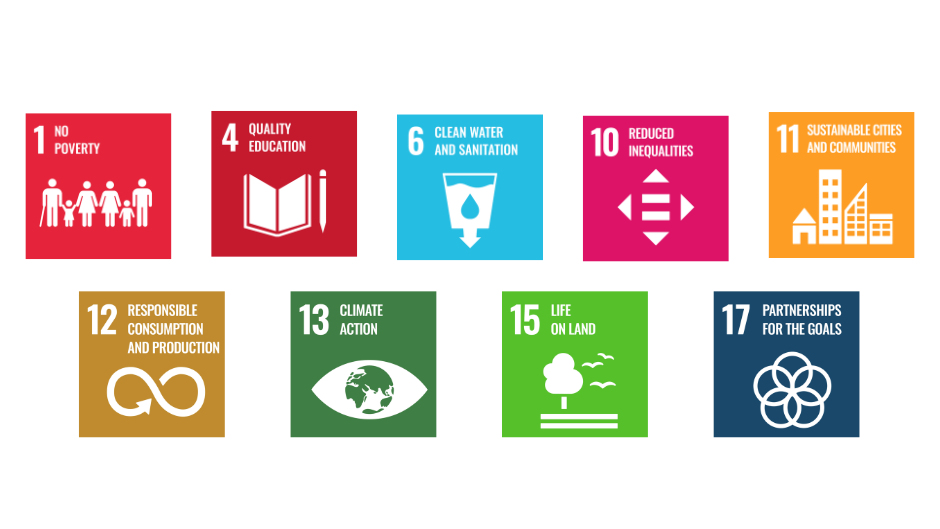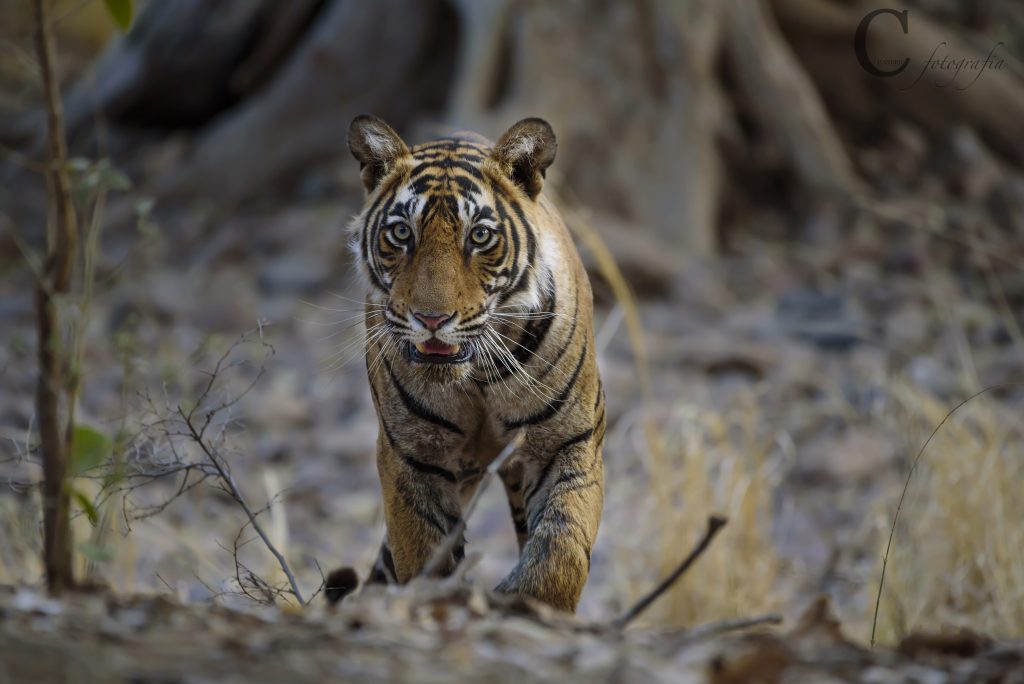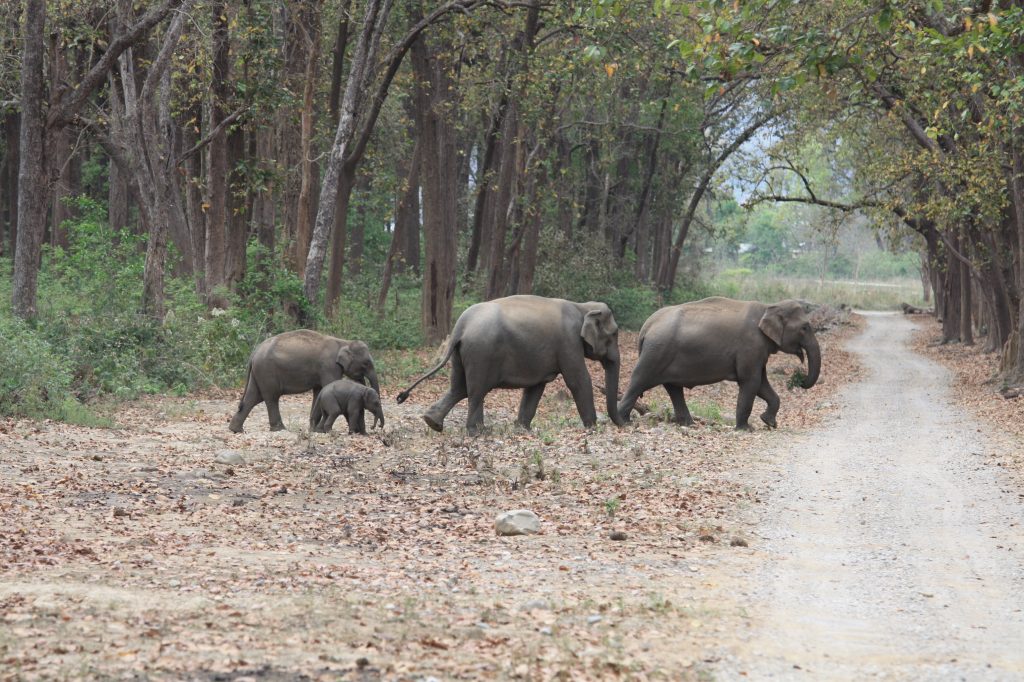News
World Land Trust: Elephant Corridor Profile
Flexiteek and World Land Trust’s (WLT) partnership is well documented. Since 2020 Flexiteek has funded the planting and nurturing of more than 32,000 trees through WLT’s Plant a Tree programme. This blog series will explore where these trees are planted and why these areas are so significant to protect. In this update, we would like to highlight the hard work undergone in the D’ering-Dibru Saikhowa Elephant Corridor location in India.

The D’ering-Dibru Saikhowa Elephant Corridor is in Assam, in the Northeast of India, the corridor spreads across the Brahmaputra River flatlands. World Land Trust is helping to restore 200 ha by funding approximately 150,000 trees along with procedures to encourage natural regeneration. Nearly 8% of the world’s wildlife can be found in India, demonstrating the area’s biodiversity and the importance of its protection. The corridor is a length of land that connects the animal populations of Paighat to the D’ering Wildlife Sanctuary, the Domdooma Forest Division, and the Dibru Saikhowa National Park. Spanning from the Assam Alluvial Plan Semi-Evergreen forests to the riverine forests of the floodplains situated along the rivers. The habitat is covered by short grassland, also known as Raidang, with a mix of tree species present.
THREATS
The primary dangers to this land are tree degradation and deforestation. This occurs for a multitude of reasons, the most common being human settlements nearby. Of the states by this corridor, Assam, and Arunachal Pradesh, 85% live in rural farming-reliant areas. There are nine villages neighbouring the corridor, all with farming or similar livelihoods, and agricultural practices which have had negative impacts on the surrounding forests. For example, livestock grazing and fuelwood collection account for a large majority of forest degradation. This decrease in accessible habitation can then increase the occurrence of human-animal conflicts, as this can drive elephants and other large animals into villages, potentially damaging life and property. This, in turn can prompt retaliatory attacks on animals in the name of self-preservation.
A more naturally occurring threat is the Brahmaputra river’s frequently changing course. Frequent monsoons can erode the riverbank soil. Consequently this changing riverscape can limit the number of crossing points, resulting in even less habitable space for animals. These threats can then lead to fragmented habitat pockets which exacerbate the negative effects of forest degradation and deforestation.
ORGANISATIONS AND SUPPORT
World Land Trust (WLT) works with partner organisation Wildlife Trust of India (WTI) to ensure protection and support of the D’ering-Dibru Saikhowa Elephant Corridor. Together they strategically purchase smaller plots of land which will have the greatest positive impact on the surrounding wildlife. This enables a more manageable and sustainable project in the years to come whilst still benefitting the local environment, animals, and people. The land connects isolated wildlife reserves, allowing animals to travel safely between them. As a result, there is a more diverse species gene pool increasing survival chances. Native trees are planted, with a current range of 32 different species, to mimic the original landscape. Additionally, protective measures are established to support communities, including employees, local people, and animals. For example, a recent addition to the corridor are solar powered electric fences.
In 2015, the UN listed 17 goals for a sustainable future. This project advances the goals below.

COMMUNITY
A WTI spokesperson once said that “There can be no conservation without the right conversations”. This mentality is echoed throughout the development of this project. WLT and WTI held multiple meetings with local village members to ensure that everyone could address any concerns. In return for lands being ceded to WLT and WTI to protect, community members were supplied with fishery ponds, pigpens, and cattle sheds. This not only promotes cooperation, but also provides assistance with food supplies and income sources. The project also provides local people with jobs and raining to propagate seedlings, manage nurseries, and supervise forest land. WTI has developed multiple entrepreneurship programmes among the surrounding villages for women and youth.
ANIMALS
India has more Asian elephants classified as endangered than any other country, over 500 are protected through the D’ering-Dibru Saikhowa Elephant Corridor. There are also bears, rhinos, tigers, wild buffaloes and three types of leopards in the area. Recognised as the breeding ground for the critically endangered Bengal Florican, this area is an incredibly significant site for wildlife conservation and preservation.


Download the PDF version of this profile.
Interested in how World Land Trust supports this area? Read more here.
Additionally if you are interested in the Sustainable Development Goals of the United Nations? Read more here.
Want to support World Land Trust and the work they do? Donate, or join the Plant A Tree programme.
About FLEXITEEK International
Flexiteek is the original market-leading manufacturer of synthetic teak decking. Founded in 2000, many of the original decks laid are still going strong and looking great to this day. There is a worldwide reach relying on a cultivated global distributor network and also over 200 of the world’s leading boat builders. For more information visit https://www.flexiteek.com/
Contact Information
Press enquiries, contact Steve Moore at [email protected] or call on +44 (0)1621 869609
Advertising enquiries, contact Emily Norman at [email protected] or call on +44 (0)1621 869609
Media enquiries, contact Phoebe Maxted at [email protected] or call on +44 (0)1621 869609